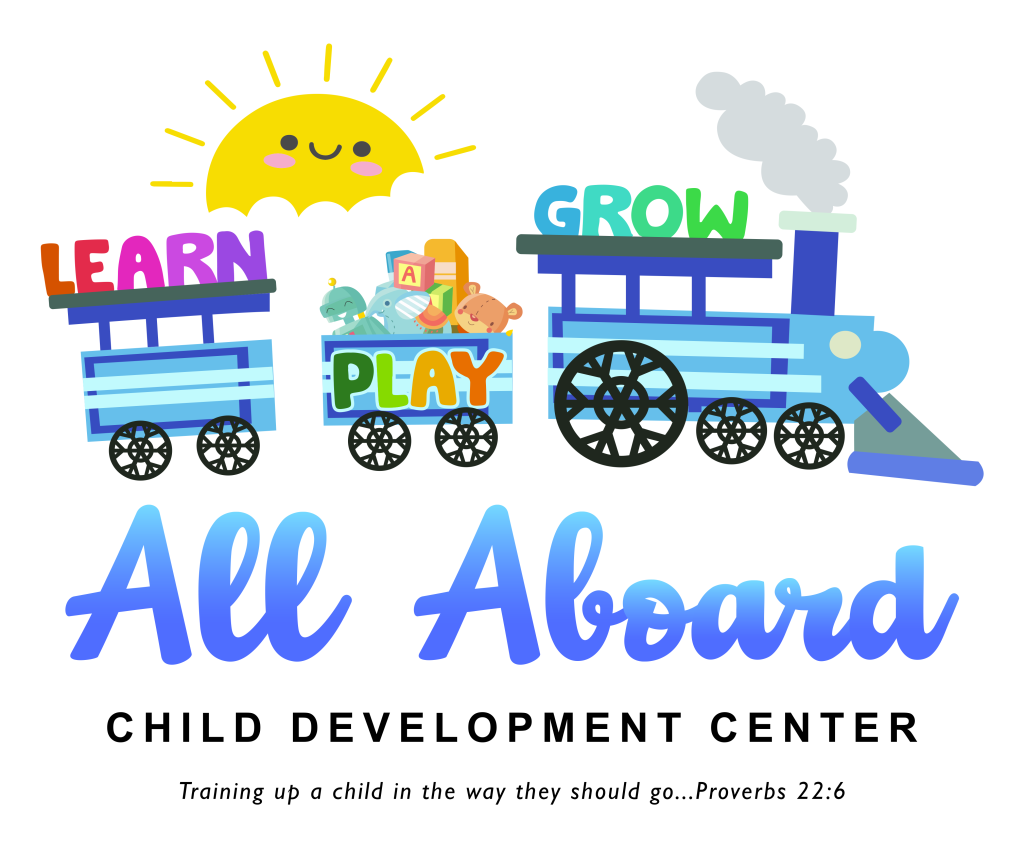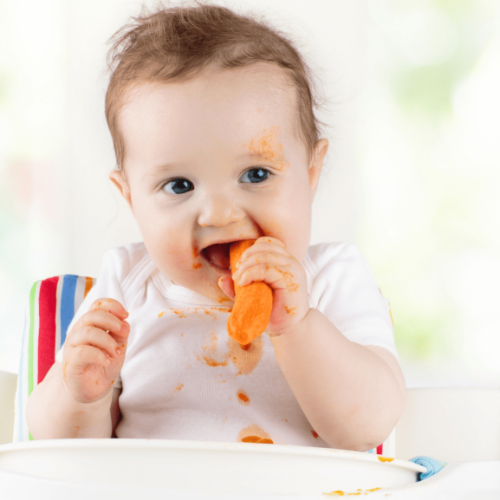Daily Schedule
A Typical Day at S2S
Please remember that our schedule is flexible and times are not exact times, but they are approximate times.
Breakfast
Bible songs and music
Circle time (We greet each other in English and in Spanish. We sing the alphabet, we recite the sounds each letter makes. We count to up to 20, and backwards from 10. We also count in Spanish. We recite the months of the year and the days of the week. We point out shapes around the room and we talk about the weather too. We end with our morning story time.)
Snack
Center/free/one on one time
Please remember…We will enjoy a structured schedule that allows for flexibility. A schedule helps the day to flow more smoothly, allow the children to anticipate coming events, and aids in achieving a variety of goals. I will adhere to my schedule to the best of my ability. Please keep in mind that anything can happen when children are involved. There will be times when I have to make adjustments to the schedule. Computers are only available to preschoolers during a set time of day, and each child is limited to 15 minutes per day.









